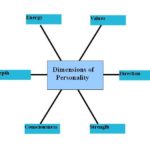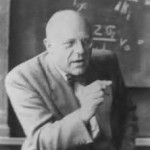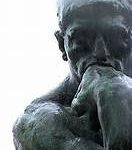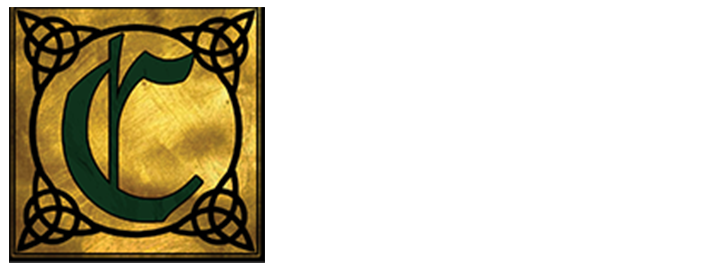“No. No. No. No.”
Every question I asked received the same response.
 She had been studying psychology, specifically, the theories of personality.
She had been studying psychology, specifically, the theories of personality.
“In your class was the idea of ‘person’ linked with ‘personality’?” I asked.
“Did your professor discuss the origin of human personage?” I asked.
“Were there any theories posited outside a purely naturalistic mindset?” I asked.
“Were any monotheistic religious traditions a source of psychological knowledge?” I asked.
 The student was not being given a full understanding of her discipline. Alternative possibilities were being ignored.
The student was not being given a full understanding of her discipline. Alternative possibilities were being ignored.
“No, No, No, No,” suggests the problem is not with the discipline but how the discipline is approached.
My young collegiate friend and I then discussed the problem of excluding sources of knowledge.
 Sometimes professors state their beliefs. The teaching can be seen for what it is.
Sometimes professors state their beliefs. The teaching can be seen for what it is.
But what if the belief is NOT stated? What if other beliefs are left out?
What is NOT said in a class
-
Negates by omission
-
Dismisses by exclusion
-
Rejects by elimination.
What IS said in a class can be easier to see.
What is NOT said in a class is almost never seen.
 “Belief” is sometimes stated in a class, the professor’s views are obvious.
“Belief” is sometimes stated in a class, the professor’s views are obvious.
“Belief” is sometimes unstated in a class, the professor’s view excludes other views.
Students who meet with me attend IUPUI, a public university.
 What should we expect to hear taught at a public, secular, non-religious university?
What should we expect to hear taught at a public, secular, non-religious university?
Some will argue, “This is a public university, so viewpoints expressed are publically acceptable” to which I will respond “What happens when ‘acceptability’ excludes certain public alternatives?”
Others will say, “A public university is committed to a secular outlook” to which I will respond “Commitment to a secular outlook does not give the right to overlook other sources of knowledge.”
 Still more will demand, “Public universities respect religious convictions but base their teaching on physical evidence through experimentation and observation” to which I will respond, “A school committed solely to the physical world by its own standard, eliminates itself from any discussion of the non-physical world. Words such as ‘ethics’, ‘values’, and ‘truth’ are outside the parameters of physical examination.”
Still more will demand, “Public universities respect religious convictions but base their teaching on physical evidence through experimentation and observation” to which I will respond, “A school committed solely to the physical world by its own standard, eliminates itself from any discussion of the non-physical world. Words such as ‘ethics’, ‘values’, and ‘truth’ are outside the parameters of physical examination.”
 The student summarized what she was learning in psychology. “My professors try to reduce everything to what they call ‘science’.” She shook her head, “They push theories without any discussion of what is true, right, or good.”
The student summarized what she was learning in psychology. “My professors try to reduce everything to what they call ‘science’.” She shook her head, “They push theories without any discussion of what is true, right, or good.”
“Is there any mention of religion at all in your textbook?” I wondered aloud.
“Oh yes. Buddhism is supposed to give a basis for understanding and happiness, but,” her eyes widened, “In the text, Buddhism only focuses on self.”
“So I wonder,” thinking out loud, “Is there any reference to a monotheistic religion in your psychology text and its basis for personhood?”
 “No. Come to think of it,” she smiled, “Every question you’ve asked me I’ve had to answer ‘No’!”
“No. Come to think of it,” she smiled, “Every question you’ve asked me I’ve had to answer ‘No’!”
“When your text mentions nothing but the natural world, the only answer to any question about supernatural origins has to be ‘No’!” I smiled.
What is NOT said in a class is almost never seen.
But what is NOT said in a class forms a person’s view of the world.
 The work of The Comenius Institute is to help students see the world distinctively. Dr. Mark Eckel is President of The Comenius Institute. See our one-minute video here.
The work of The Comenius Institute is to help students see the world distinctively. Dr. Mark Eckel is President of The Comenius Institute. See our one-minute video here.



